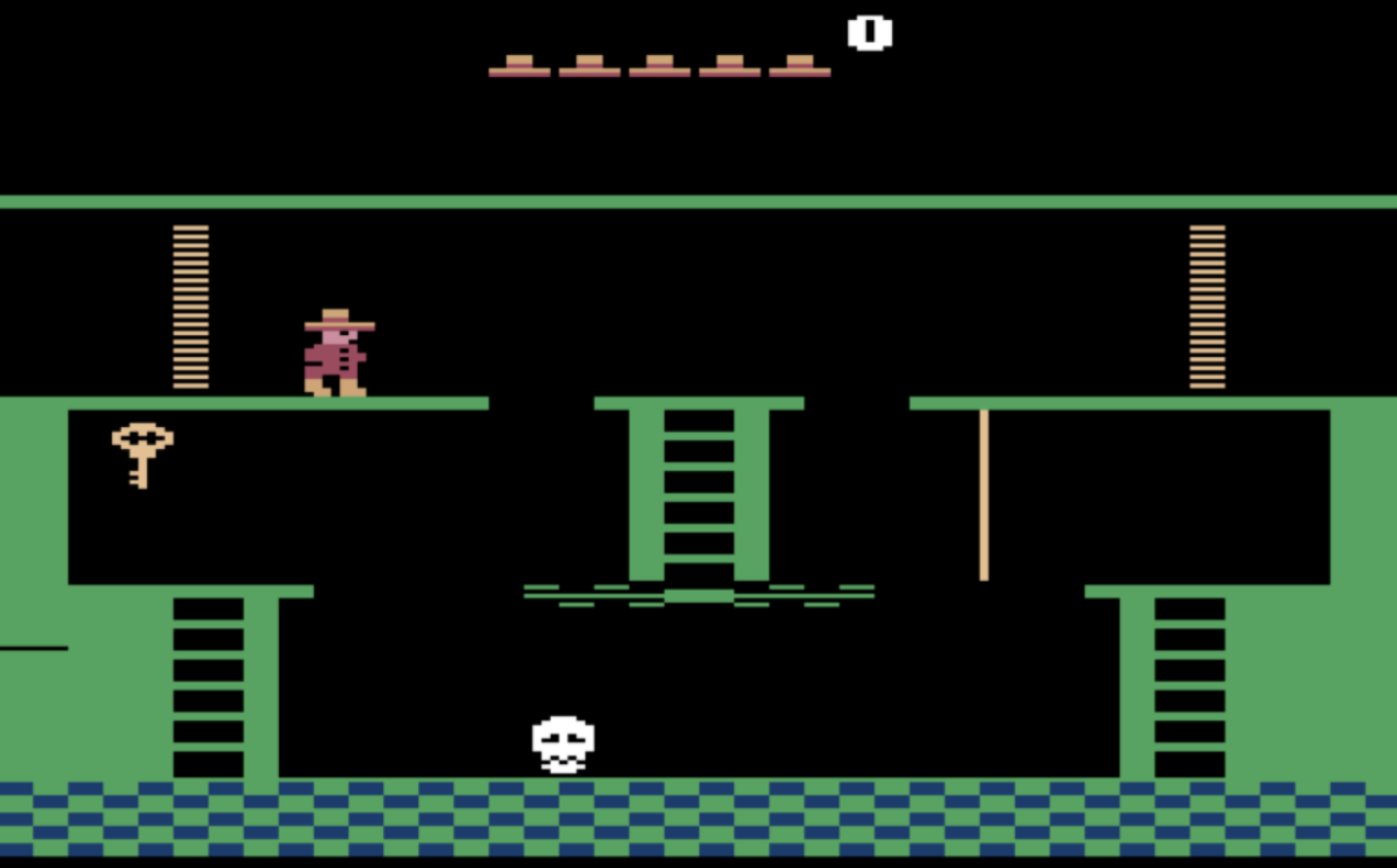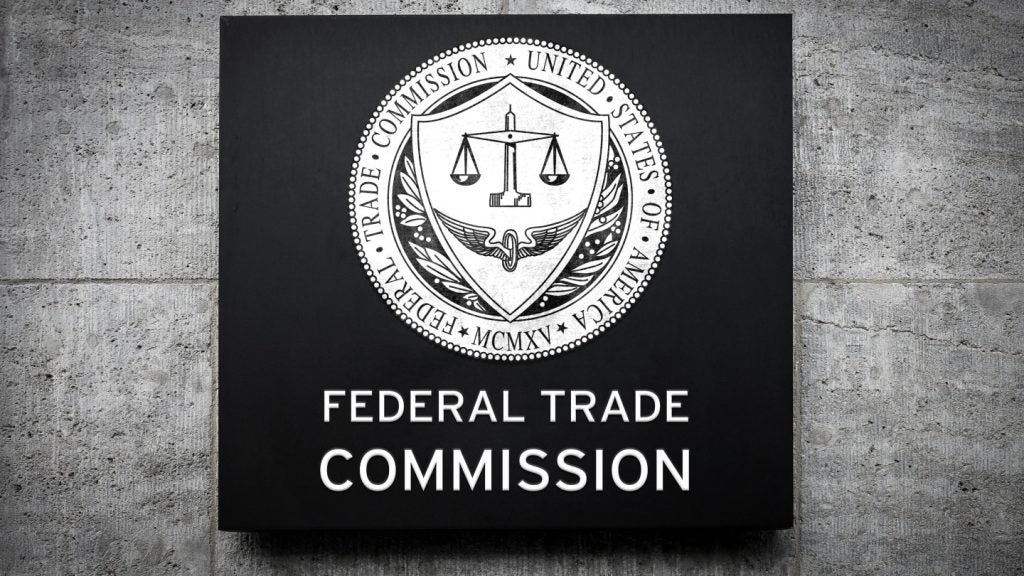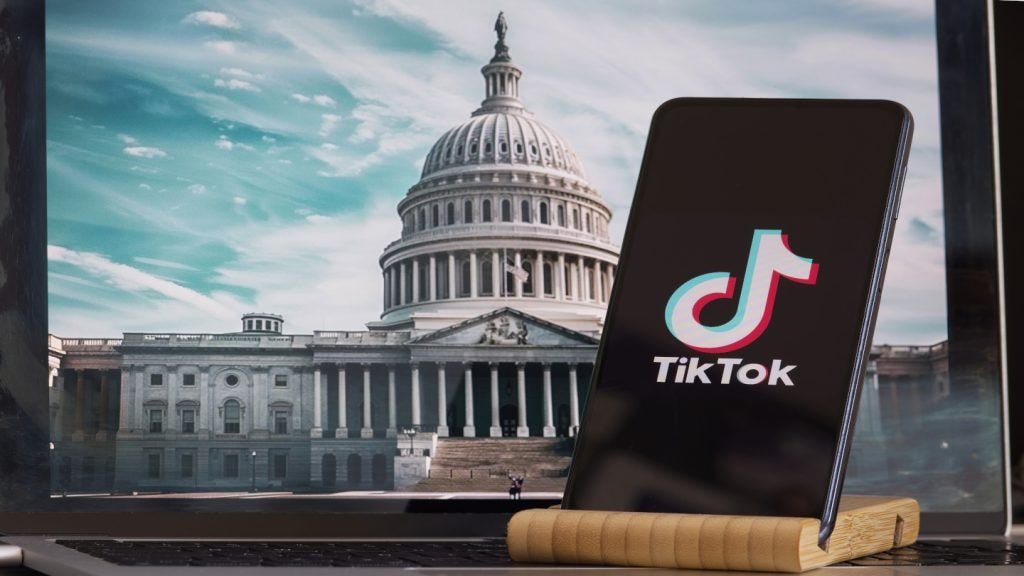
According to a recent report by Global Data, the video game industry could be worth $300bn by 2025, and with an estimated 150 million Americans now regularly playing video games, it now rivals film and music as a major entertainment source.
However, could the popularity of gaming be harnessed to help productivity in the workplace?
Gamification refers to the introduction of aspects of gaming (such as scoring points, leader boards, and rewards) to other contexts to drive engagement. This has proved effective in numerous areas such as marketing, recruitment, education and even healthcare, and with this in mind, a growing number of employers are looking to incorporate it into business.
A survey of 1,000 UK workers, carried out by workplace incentives and rewards provider, One4all Rewards found that 79% of UK employees would like to see gamification introduced at their place of work.
With businesses having to fight to retain tech workers more than ever, efforts to boost morale and retain top talent, as well as creating a positive work environment highly valued by many workers, are becoming increasingly important.
The benefits of workplace gamification
According to One4All, gamification can be used to transforms employees’ relationships with their work, producing a more active, goals-oriented and productive workforce. However, currently only 48% of UK businesses are offering some form of gamified rewards.
How well do you really know your competitors?
Access the most comprehensive Company Profiles on the market, powered by GlobalData. Save hours of research. Gain competitive edge.

Thank you!
Your download email will arrive shortly
Not ready to buy yet? Download a free sample
We are confident about the unique quality of our Company Profiles. However, we want you to make the most beneficial decision for your business, so we offer a free sample that you can download by submitting the below form
By GlobalDataThe survey found that rewards for fixed actions such as hitting a target, unexpected peer-led rewards where a colleague is nominated, or rolling lottery-style rewards were all found to be effective ways of boosting productivity and achievement.
24% said they would be willing to work harder if some form of gamified rewards were available, 23% said work would feel more enjoyable to them and 20% thought their performance would increase.
Being able to log into a portal (such as a website or section of the intranet) to view how they are doing and track their rewards progression would be key for 1 in 5. This indicates that utilising technology to implement gamification is a positive way of giving feedback and creating a channel of communication.
Alan Smith, UK managing director at One4all Rewards said:
“Some companies shy away from rewards systems based on gamification; however they are not only incredibly powerful, but they can be quite cost effective as they rely on giving out small rewards rather than large bonuses. Better yet – the UK workforce is crying out for them.
“It’s understandable that those companies who are used to making one simple bonus payment at the end of the financial year might be a bit hesitant to introduce a more complex system. That said, it really needn’t be too difficult – and our research shows there are a number of ways bosses can handle the process of introducing and managing them, in a way that makes them simple and easy for workers to understand.”






